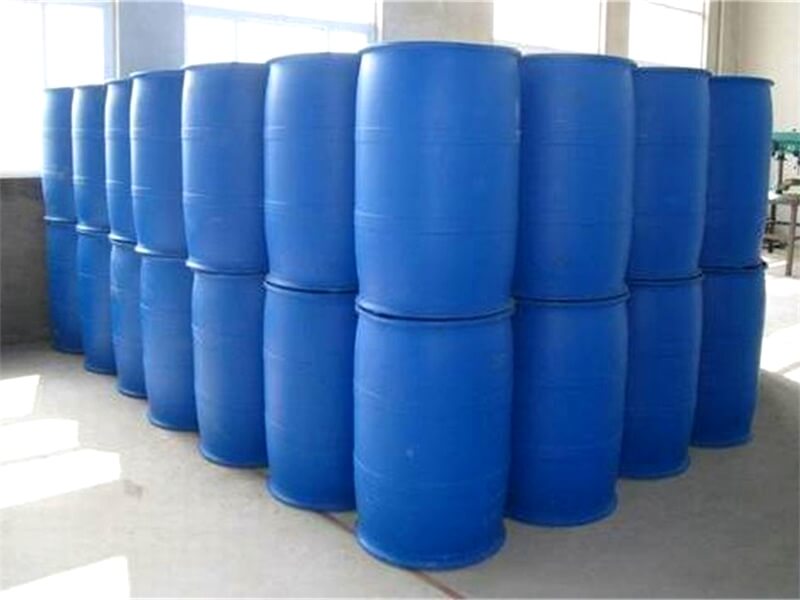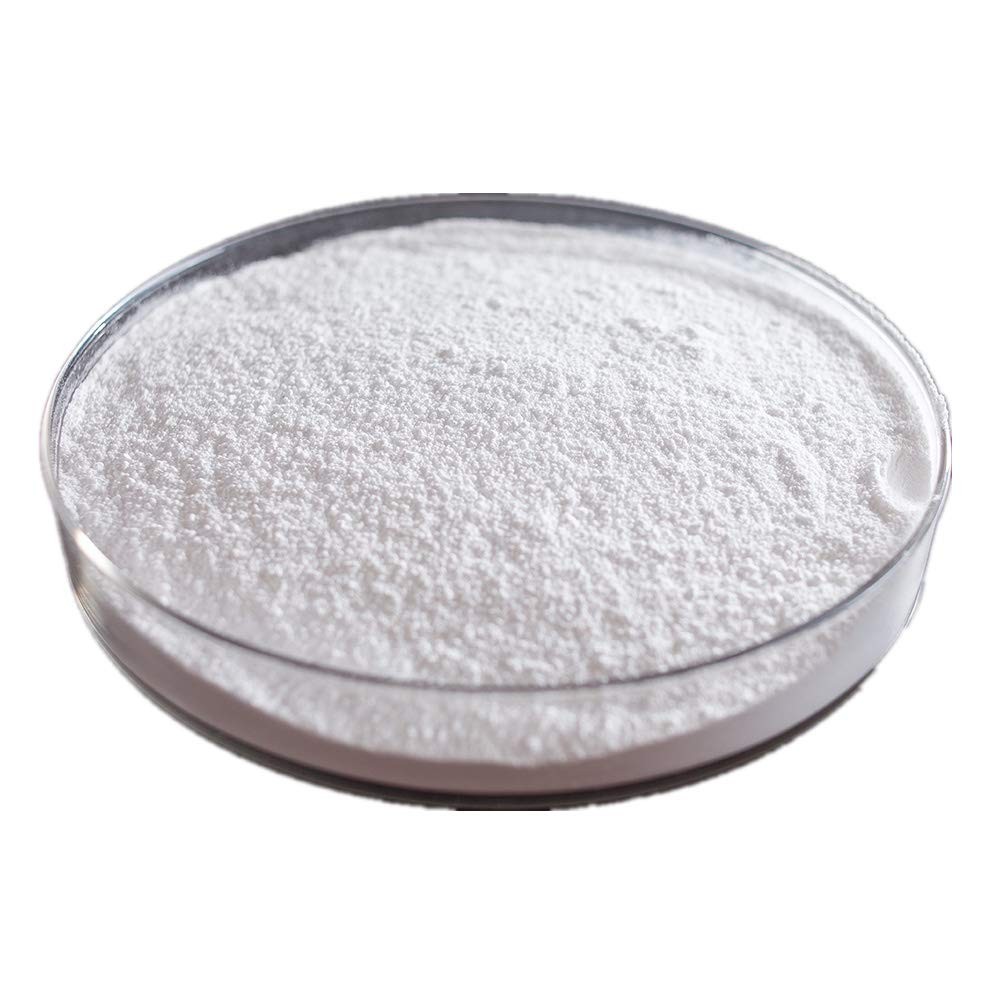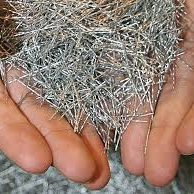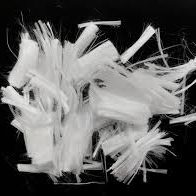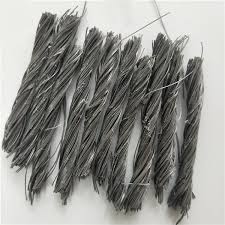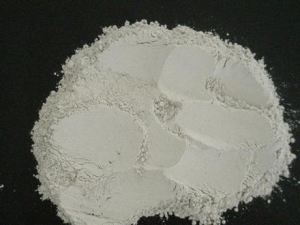Professional solutions on concrete addtives, Concrete Foaming Agent, Superplasticizer, CLC Blocks Additives, and foaming machine
(Do aggregates in concrete mixes increase strength?)
When discussing the role of aggregates in concrete mixes and their effect on the strength of concrete, we need to go deeper from several perspectives. Concrete is a composite material widely used in the construction of buildings, bridges, roads, and other infrastructures. It is mainly composed of cement, water, fine aggregates (e.g., sand), and coarse aggregates (e.g., crushed stone or gravel). Aggregate is not only the main component of the volume of concrete but also has a crucial influence on its final properties, especially strength.
1. Basic role of aggregates
Enhancement of structural stability: Aggregate plays the role of skeleton support in concrete, which reduces the tendency of cement paste to crack due to its shrinkage and improves the overall stability and compressive strength of concrete.
Cost control: Compared with cement, aggregates have lower costs, and the large amount of aggregates used can effectively reduce the production cost of concrete.
Regulating thermal properties: Aggregates help to regulate the coefficient of thermal expansion of concrete and reduce the internal stresses caused by temperature changes, thus improving the durability of the structure.
2. Effect of aggregates on concrete strength2.1 Direct Strength Contribution
Although aggregate itself does not directly participate in the hydration reaction of cement (i.e., it does not produce cementation), it indirectly enhances the strength of concrete in the following ways:
Particle size distribution and grading: Reasonable aggregate grading (i.e., the matching of different-sized particles) can form a good stacking structure and reduce porosity, thus enhancing the compactness and strength of concrete. A good match between coarse and fine aggregates can ensure that the internal voids of concrete are effectively filled, thus improving the compressive, tensile, and shear strength of concrete.
Apparent Shape and Surface Characteristics: The shape and surface roughness of aggregates also affect the strength of concrete. Aggregate with a regular shape, clean surface, and a certain degree of roughness can better bond with the cement paste and enhance the bonding force in the interface transition zone, thus improving the overall strength of concrete.
2.2 Indirect influence
Adjustment of water-cement ratio: the amount of aggregate directly affects the water-cement ratio (the ratio of water to cement) in the concrete mix. The appropriate amount of aggregate to replace part of the cement paste can reduce the water-cement ratio under the premise of maintaining certain workability, reduce the excess water in the cement paste, and help to improve the early and late strength of concrete.
Reducing shrinkage and cracking: The presence of aggregates helps to reduce the plastic shrinkage and drying shrinkage of concrete because aggregates, as incompressible solid particles, can limit volume changes during the hardening process of the cement paste and reduce the generation of cracks, thus improving the long-term strength and durability of concrete.
Improved durability: The physical properties of aggregates, such as hardness and chemical stability, have a significant impact on concrete's resistance to abrasion, chemical attack, and freeze-thaw cycle resistance. High-quality aggregates can significantly improve these durability indicators of concrete, which is indirectly reflected in the maintenance or enhancement of long-term strength.
3. Aggregate selection and optimization
In order to maximize the positive impact of aggregates on concrete strength, it is critical to select the right type, gradation, shape, and cleanliness of aggregates. For example, the use of continuous grading can optimize the pore structure of concrete and reduce the porosity more than single-grain grading, and hard, wear-resistant stones as aggregates can significantly improve the long-term mechanical properties and durability of concrete.
4 Conclusion
In summary, although aggregates are not directly involved in the chemical hardening process of concrete, they have an indispensable effect on the strength enhancement of concrete by improving the microstructure of concrete, adjusting the water-cement ratio, reducing shrinkage and cracking, and improving durability. Reasonable selection and optimization of aggregate parameters is the key to improving the comprehensive performance of concrete and meeting the needs of different projects. Therefore, in the process of concrete mix design and production, in-depth study and scientific application of the principles of aggregate science are of great significance to realize the preparation of high-performance concrete.
Concrete additives Supplier
TRUNNANO is a reliable concrete additives supplier with over 12-year experience in nano-building energy conservation and nanotechnology development.
If you are looking for high-quality concrete additives, please feel free to contact us and send an inquiry. (sales@cabr-concrete.com)
We accept payment via Credit Card, T/T, West Union, and Paypal. TRUNNANO will ship the goods to customers overseas through FedEx, DHL, by air, or by sea.
(Do aggregates in concrete mixes increase strength?)


